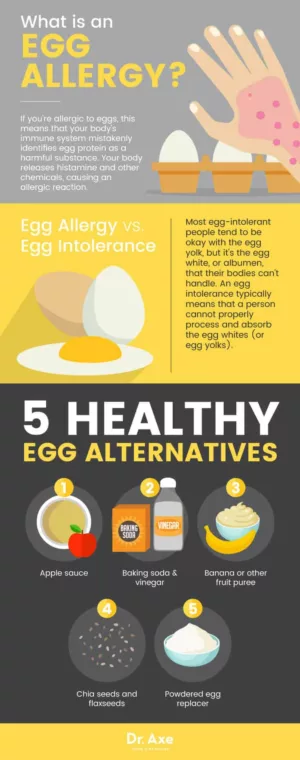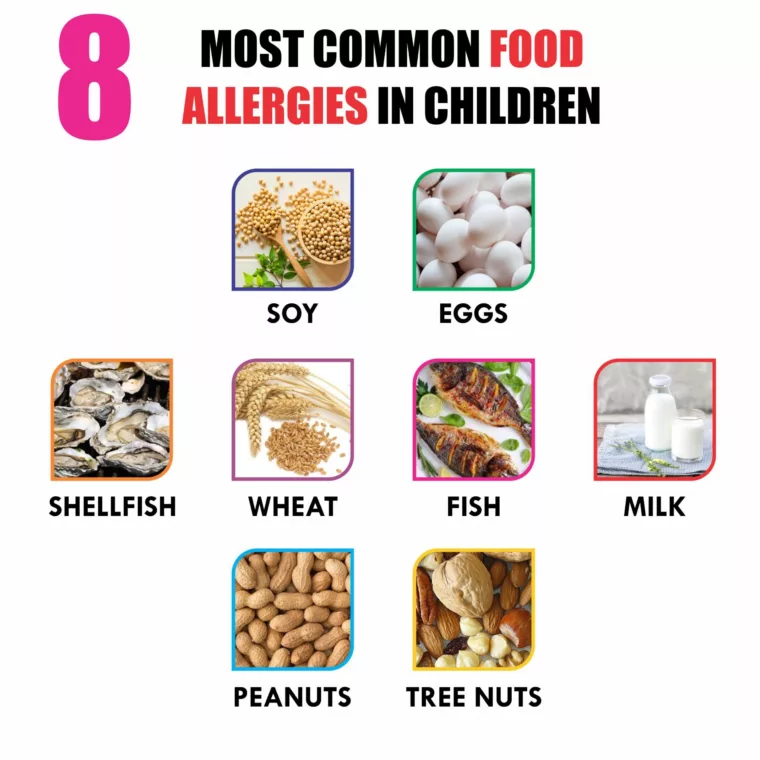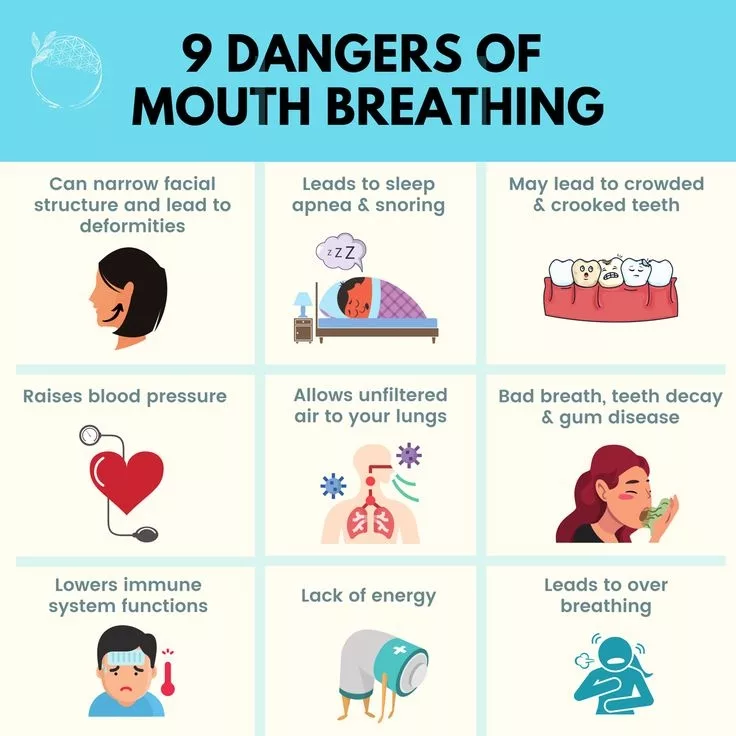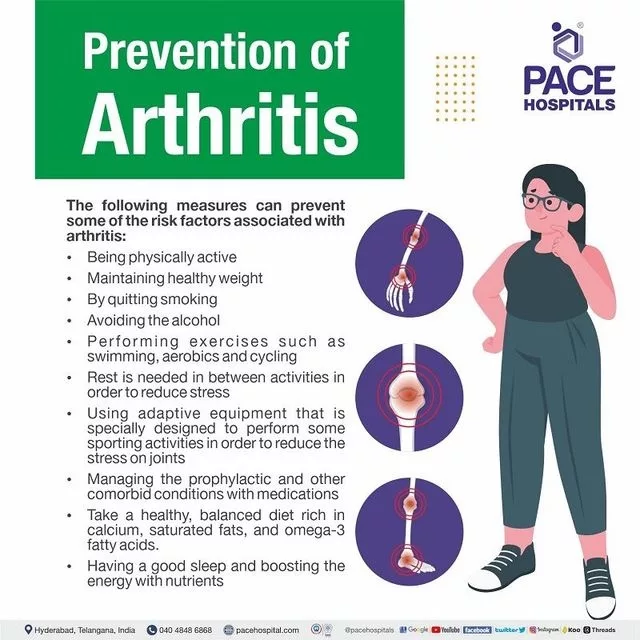Understanding Egg Allergy – Causes, Symptoms, and Treatment Methods
Today, we will explore egg allergy, which is indeed one of the most common allergies. In this session, we will inform you about the causes, symptoms, and treatment methods of egg allergy. We will also look into what foods to be cautious about when you need to avoid eggs. It will be valuable information!

Basic Concepts of Egg Allergy
Egg allergy is a hypersensitive reaction that occurs after consuming eggs, and it’s one of the most common types of food allergies. Egg allergy happens when the immune system overreacts to proteins found in egg whites or yolks. Such reactions can cause various symptoms and sometimes may lead to severe reactions.
Causes of Egg Allergy
The main cause of egg allergy is the proteins contained in eggs. Specifically, albumin in egg whites and livetin in yolks are known as the most common allergenic substances. These proteins can trigger a hypersensitive reaction in the immune system, resulting in various symptoms.
Main Symptoms and Identification Methods
The main symptoms of egg allergy include skin rash, itching, bad breath, hives, difficulty breathing, vomiting, and diarrhea. These symptoms can appear within minutes to hours after consuming eggs and, in severe cases, can lead to anaphylaxis (a form of hypersensitive reaction).
To identify egg allergy, one must seek help from medical professionals. Allergic reactions can be confirmed through skin allergy tests and blood tests. Medical professionals can make an accurate diagnosis by combining the patient’s symptoms and test results.
Medical Procedures for Allergy Diagnosis
To diagnose egg allergy, medical professionals follow a series of medical procedures. These procedures may include an investigation of the patient’s symptoms and medical history, skin allergy tests, and blood tests. Through these tests, allergic reactions can be identified, and an appropriate treatment plan can be provided to the patient.

Treatment Options and Medication Management
There are various treatment options for egg allergy. The most effective treatment method is to completely avoid eggs. For this, one must cautiously check food labels and avoid consuming foods that contain eggs.
Additionally, symptoms can be alleviated using medications such as antihistamines or steroids. However, these medications are only short-term solutions and not a fundamental solution. Therefore, it’s important to consult with medical professionals and establish an appropriate treatment plan.
Dietary Adjustments and Egg Substitutes
People with egg allergies can alleviate symptoms through dietary adjustments. Instead of eggs, other sources of protein such as meat, fish, and beans can be consumed. Soy can also be used as an egg substitute. Soy is a versatile ingredient that can be used in various dishes.

Precautions in Daily Life
People with egg allergies should follow several precautions in their daily lives. Always check food labels when consuming foods containing eggs, and provide allergy information when ordering food at restaurants.
Additionally, when preparing food at home, one can cook using egg substitutes or other ingredients. This can help minimize symptoms caused by egg allergies.
Prevention of Complications Related to Egg Allergy
Egg allergy can cause complications in some people. Therefore, people with egg allergies should also follow other allergy prevention methods. Avoiding allergenic substances in the surroundings and maintaining a clean environment is important.
Long-term Management Strategies and Lifestyle Tips
Egg allergy can be a chronic issue that lasts a lifetime. Therefore, long-term management strategies are necessary. Consult with medical professionals to establish an appropriate treatment plan and receive regular treatment and checkups.

Also, lifestyle tips can help alleviate symptoms. Using an indoor air purifier to remove allergenic substances and maintaining a clean environment can be helpful. Moreover, maintaining healthy lifestyle habits and a balanced diet is also important.
Answers to Frequently Asked Questions about Egg Allergy
- Is egg allergy genetic?
- Egg allergy can occur due to a combination of genetic and environmental factors. Therefore, if egg allergy commonly occurs within a family, genetic factors should also be considered.
- What foods may contain hidden eggs?
- Since eggs are used in various foods, it’s important to carefully check food labels. Cakes, cookies, pies, mayonnaise, and ice cream may contain hidden eggs, so caution is needed.
- How long should I completely avoid eggs?
- The treatment duration for egg allergy may vary among individuals. Some people may still show allergic reactions even after becoming adults, so it’s important to consult with medical professionals and establish the optimal treatment plan.
- What can be used as egg substitutes?
- Soy, cornstarch, and applesauce can be used as egg substitutes. These ingredients can be utilized in various dishes and are good options for people with egg allergies.
- Is it okay to consume chicken if I have an egg allergy?
- Some egg allergy patients may also show allergic reactions to chicken, so caution is needed. It’s important to consult with medical professionals and establish an individual dietary plan.

Here is the information on egg allergy. Always seek the advice of a healthcare professional for your health and well-being!





